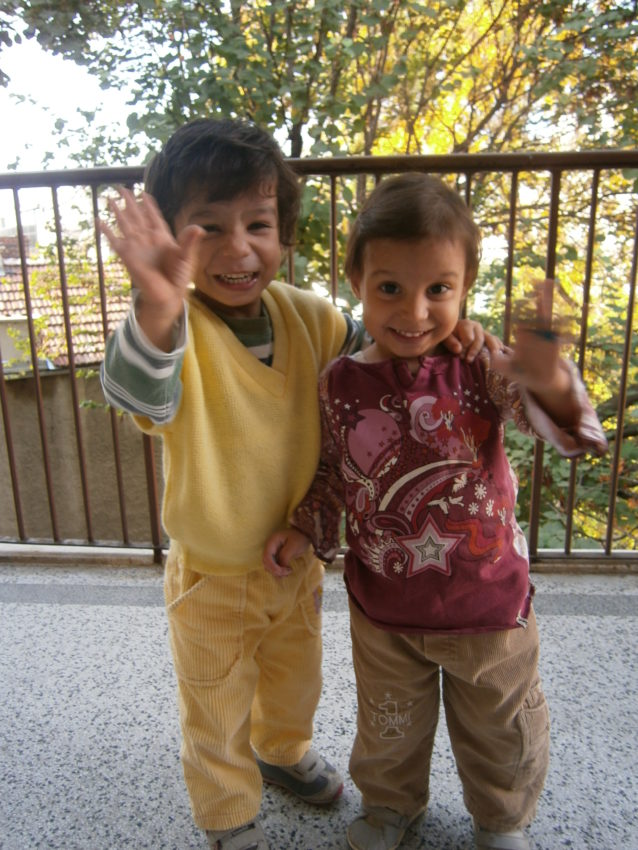After a long and exhausting process, the most anticipated moment of your adoption is when you meet your child for the first time. This is an exciting, and probably nerve-wracking moment, and parents rarely know what to expect. Managing these emotions, as well as your expectations, are key to making this joyous meeting a smooth one and a time of remembrance that you will cherish forever.

To make this first meeting as positive as possible, set your expectations low. It is difficult to know how your child will respond to you. Many factors will contribute to how a child might react to meeting their adoptive parents for the first time, including:
- The child’s age
- If the child is ill, or has any special needs
- If the child is meeting you with other siblings or a caregiver
- If the child is tired, or just woke up
- If the child is hungry
- If the child needs to go to the bathroom, or needs a diaper change
- If the child is accustomed to meeting strangers
- If the child was prepared for the meeting, with a caregiver explaining the meeting’s purpose
Another factor that will influence your child’s reaction is their experience with “family.” Every child has had a different experience, and they not have been positive. Some children may have been in an orphanage since birth, and may not understand the role of a father and/or mother, while other children may come from very traumatic or abusive experiences with a parent or caregiver, while still others may have lived in a foster home and have an idea of what to expect from the role of a family. Older children may have had to serve the role of a caregiver in the past and might not want to relinquish that control.
In mentally preparing for this initial meeting, it’s a good idea to remember that while you are anxious and happy to meet your child, this is the first time the child is meeting you, and you are a stranger to them. The child may have been prepared by a caregiver, who may even have shown them photos of you, but it is best to expect that the child does not fully understand the purpose of the meeting.
You may experience one of two extremes, where your child may be extremely apprehensive and skittish, or they may be overly affectionate and can’t wait to hug and cling to you. If your child is skittish or scared at first, and does not immediately hug you or find comfort in your arms, remember that this is normal. In fact, it may even be a positive thing, because it means that your child is showing a healthy fear of people they don’t know. If they cling to a caregiver, it shows that the child has already attached to a caregiving adult, and this is great news for future attachment to you. Clingy behaviors are often seen from children residing in orphanages, and sometimes from foster homes as well. Your child may also appear hyperactive or even destructive, throwing toys and running around. This may be the child’s way of showing off for you because they are nervous and scared. All of this is normal, and should be expected. You may also find that the child has a clear preference for Mom or Dad. This is also normal; it could be that the child is interested in Dad because there have been few adult male figures around, and the child is curious about him. It could also be that the child prefers Mom because he or she is more accustomed to female caretakers. Be patient and allow the meeting to happen under terms the child is comfortable with.
It is important that we are patient with your children and meet them where they are, giving them time to learn that you, as the adoptive parent, are a trustworthy adult. It is also important to remember that the child’s interactions during the first meeting and even the first few meetings are not necessarily indicative of your child’s behavior once they are home and settled. Lastly, remember to write down all the events and feelings of the day once you get back to your room, so you’ll have a record of everything that happened on your special day!
